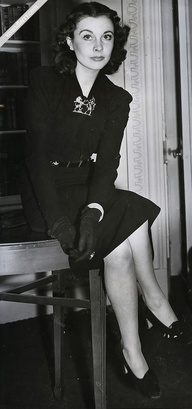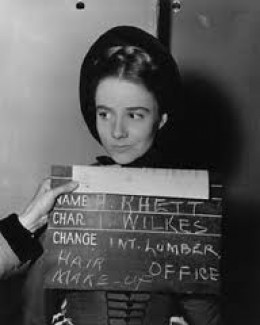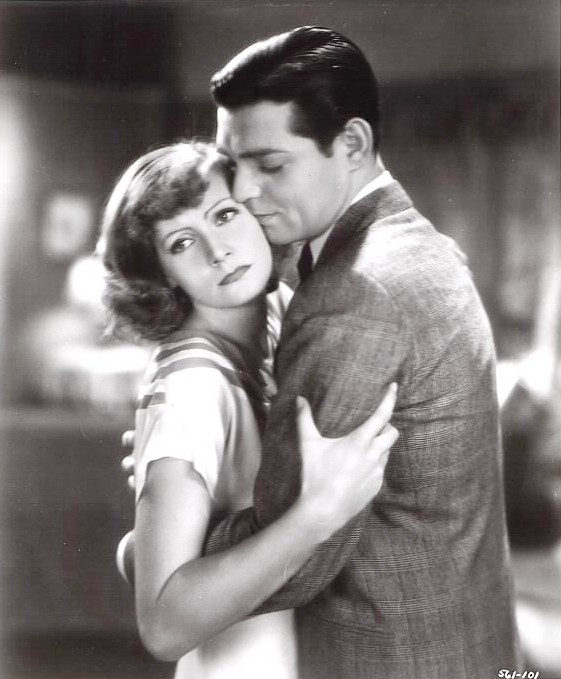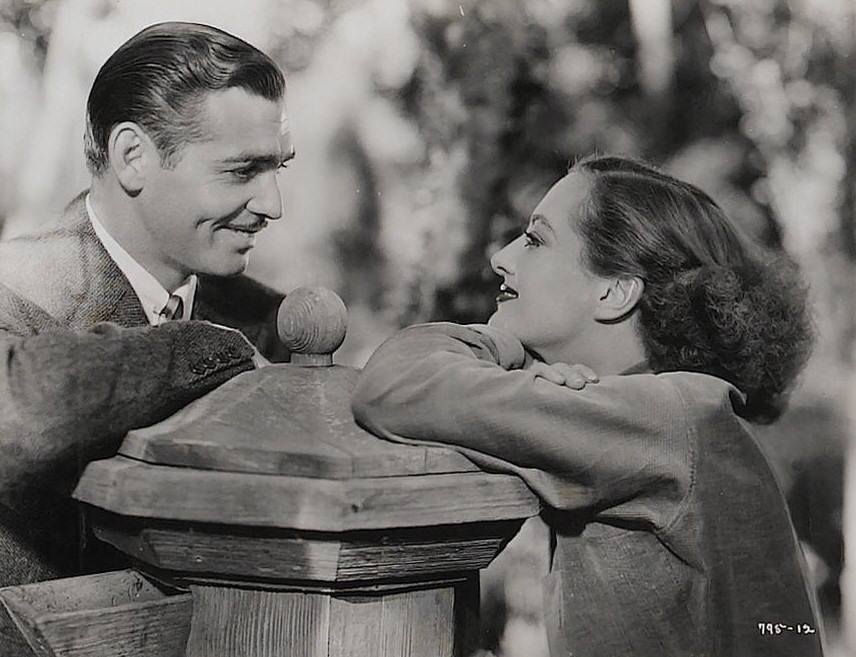Gone with the Wednesday: An English Girl as Scarlett?

From Hollywood magazine, April 1939:
The two-year search for Gone with the Wind’s “Scarlett” is ended. You would think that all of the excitement would be over. You would think that those people who have debated passionately the relative merits of nearly every Hollywood actress for the part during these two years would welcome any decision. You would think that the hurricane of speculation and argument would due away to an exhausted sigh of relief.
But arguing over Scarlett has become a habit, perhaps, because discussion still rages.
“Vivien Leigh is absolutely unknown in this country!” protest those who had chosen, in their own minds, Bette Davis or Miriam Hopkins or Katharine Hepburn or Norma Shearer or Paulette Goddard or dozens of others mentioned seriously at vairous times for the part.
They forget that David O. Selznick, producer, had declared from the start that he wanted an actress little known in this country for the part. They forgot that Selznick usually plans with a purpose, and usually carries that purpose through. Remember the long search for an unknown child star to play David Copperfield? Selznick insisted on a face new to Hollywood, and the result was the establishment of a new star in Freddie Bartholomew. He tried the same formula in the casting of Tommy Kelly as Town Sawyer, but with less dazzling success. However, he still is confident that there is nothing wrong with his principle of making stars overnight.
And, while Miss Leigh has been seen by comparatively few people in this country, she is an experienced actress, and capable of turning in a competent characterization. You may remember her as the college vamp with Robert Taylor in A Yank at Oxford.
You may have noticed her in Fire Over England and Storm in a Teacup, British pictures released, but not very widely, in this country.
“Imagine casting an English girl as Scarlett!” continue the objections.
Think a minute. What could be sounder?
Accents in Georgia are a heritage from English and French ancestors, in the great part. At the time of the Civil War, those accents were closer to the original than they are now. Scarlett, herself, was the daughter of a man born in Ireland, and it is likely that the faint coloring of Irish brogue with Vivien Leigh inherits from her mother is much cloer to Scarlett’s actual mode of speech than a phoney Hollywood Suthun-twakin’ act would be.
If you are going to worry about accents, waste no time on the casting of Olivia de Havilland as Melanie, or on Vivien Leigh as Scarlett. Don’t worry about Leslie Howard as Ashley.
Clark Gable is the man who needs the helpful thought waves, because his Pennsylvania Dutch is going to be much more of a problem than any English accent in the cast.
So you all quit arguing because it’s all settled, and glance again on the picture [above] and see if you don’t think Miss Leigh looks like Scarlett as you imagined her when you read “Gone wih the Wind.” There are the slanting green eyes, fringed with black lashes. Her hair really has a touch of red. Her waist really is sixteen inches around, when she laces as tight as Scarlett did. And we ought to give her a vote of thanks for putting an end to the argument over the part if for no other reason.
______
I would be remiss in this, the first edition of our 2014 Gone with the Wednesdays series, if I didn’t mention the passing of Alicia Rhett, who played Scarlett-hatin’ India Wilkes. She was 98. India was her only acting role and she spent the remainder of her days back home in the south. Born in Savannah, Georgia and raised in South Carolina, Alicia was an authority on Southern ways and Southern speaking on the set.
Clark said after filming was completed, “I talked with Alicia Rhett, a Southern deb (she’s from Charleston, where Rhett was supposed to have been born), before every scene and she was a marvelous accent coach. (Watch for her in one of the smaller roles. The girl’s good and that ‘Rhett’stuff is her own name.)”
RIP.



